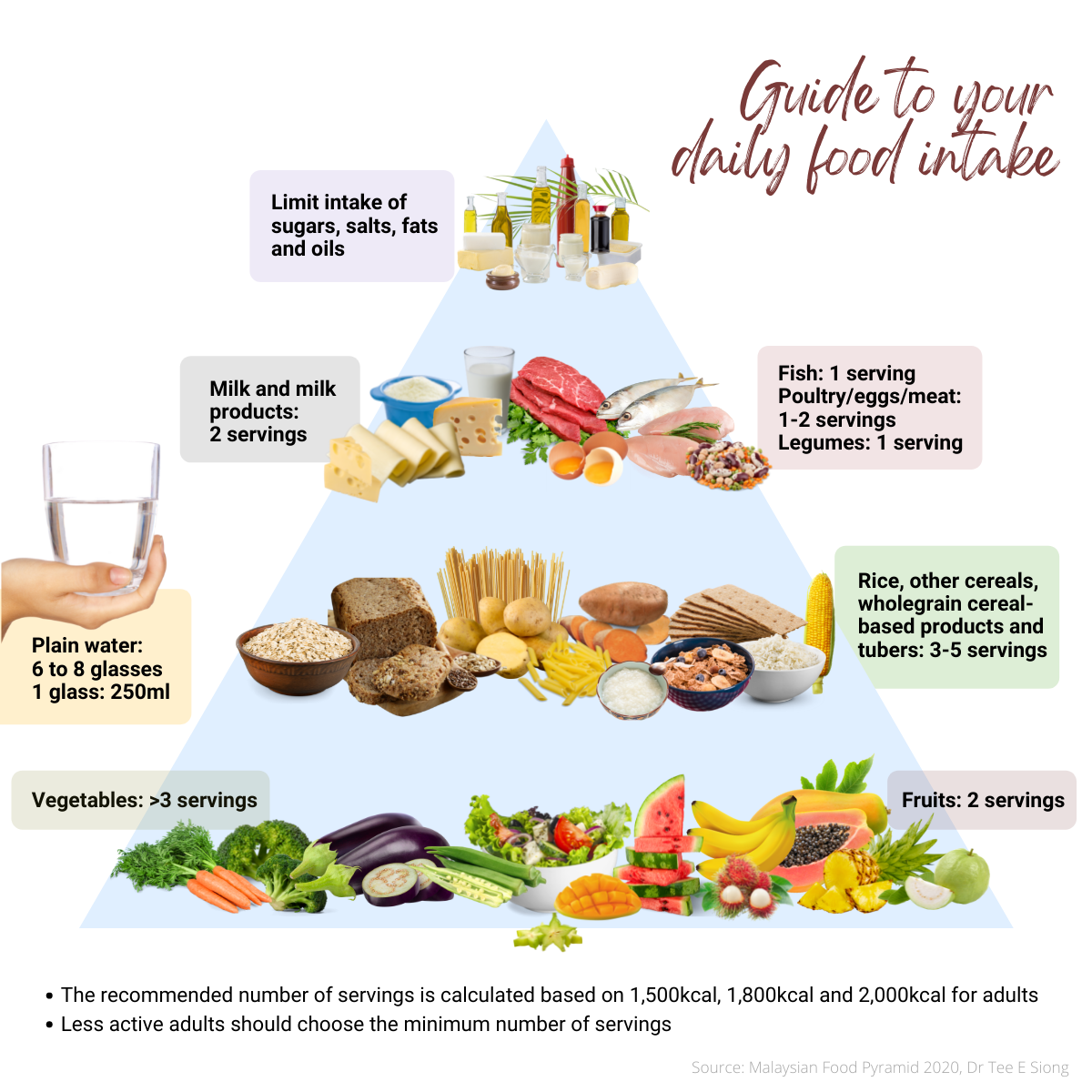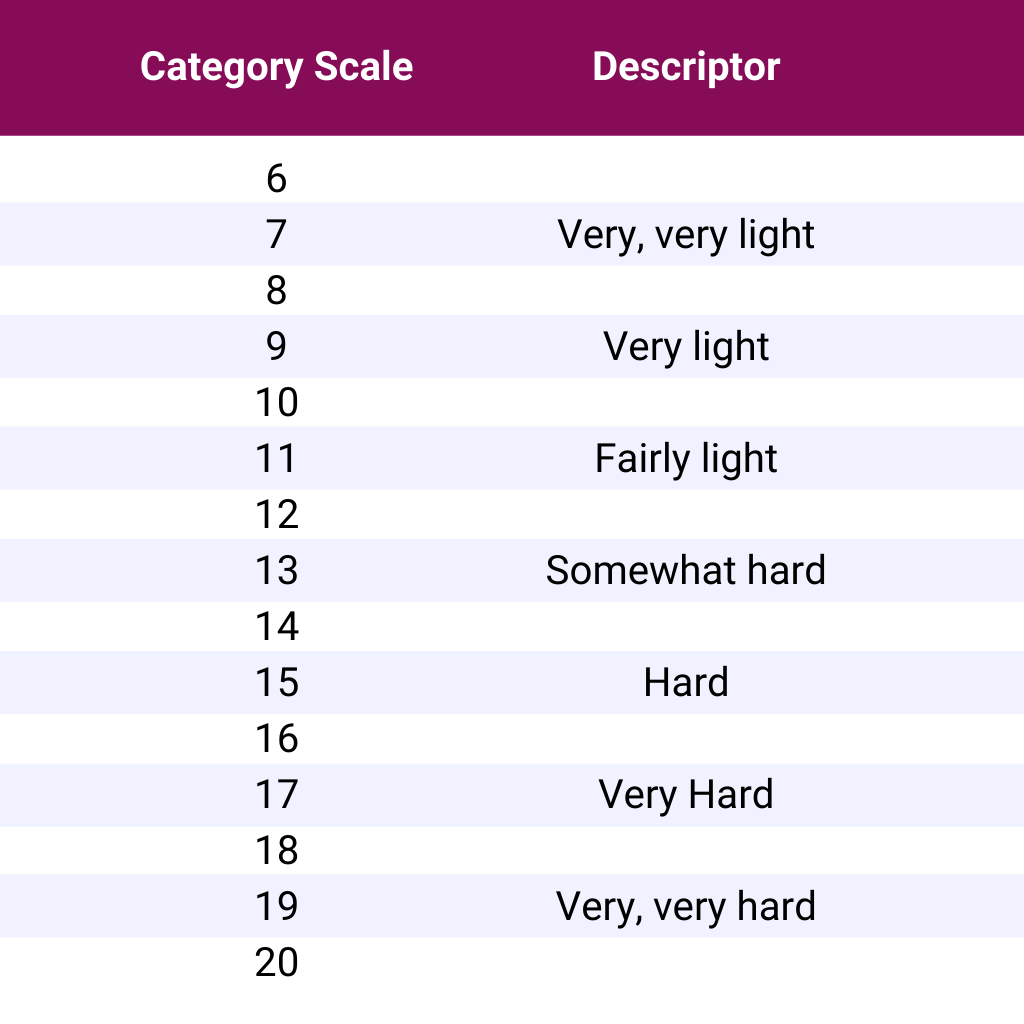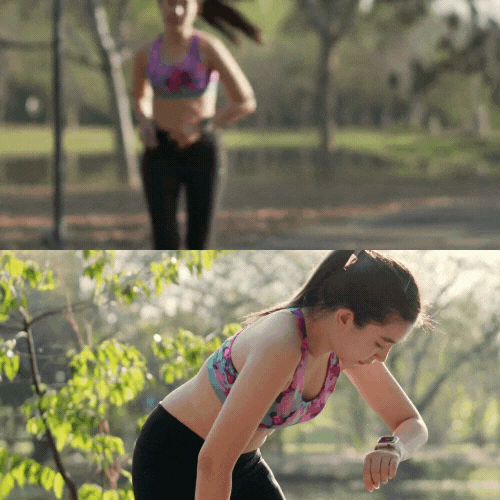

Mr. Edison Lu Seng Chuin, Dietitian
April 1, 2022

Fasting is considered as one of the five fundamental pillars of Islam, thus it is mandatory for all healthy Muslim adults to practice this religious duty. During this month, Muslims must refrain from eating and drinking during daylight hours. Certain groups of people are exempt from fasting, such as elderly, those who are sick or menstruating, as well as those women who are pregnant and lactating. The fast begins early morning after Suhoor (meal taken just before dawn) and ends with Iftar (meal taken at sunset). As a result, there will be a major shift from normal eating patterns to exclusive nocturnal eating as well as changes in meal frequency and sleep cycle. Several studies have reported on both positive and negative effects particularly on the way of how some Muslims fast, which affects their overall wellbeing, hence it’s best to know some tips for healthy daily fasting.
By having Suhoor, one can have better start on keeping a calm and level-headed attitude throughout the day.
Chances are hunger and thirst may provoke bad habits like swearing and anger – which should be refrained during Ramadan fasting. To worse, skipping Suhoor often result in overindulgence in food and beverages during Iftar, which later may lead to weight gain and difficulty of managing blood sugar.
For those fitness enthusiasts who intend to continue their exercise routine, it is even more important for them to feed themselves with nutrient dense foods, especially high fiber complex carbohydrate (i.e. wholemeal bread or wrap with protein sources), during Suhoor for adequate energy and nutrients intake to optimize their exercise performance and muscle recovery.


By having Suhoor, one can have better start on keeping a calm and level-headed attitude throughout the day.
Chances are hunger and thirst may provoke bad habits like swearing and anger – which should be refrained during Ramadan fasting. To worse, skipping Suhoor often result in overindulgence in food and beverages during Iftar, which later may lead to weight gain and difficulty of managing blood sugar.
For those fitness enthusiasts who intend to continue their exercise routine, it is even more important for them to feed themselves with nutrient dense foods, especially high fiber complex carbohydrate (i.e. wholemeal bread or wrap with protein sources), during Suhoor for adequate energy and nutrients intake to optimize their exercise performance and muscle recovery.

It is common for individuals to reward themselves with larger portions of food after long hours of fasting, typically with those heavier, fatty, and sugary items. However, you should avoid overeating in one meal as it is associated with higher risk of stomach ulcers, abdominal pain, fatigue, and other gastro complications. This is especially important for those with certain health conditions like diabetes and gastritis.
Practice intuitive and mindful eating. In other words, learn to pay attention to your inner cue as you are enjoying your meals. Have the discipline to stop eating when you reach the comfortable fullness.
Do you know that our digestion system may take up to 20 minutes before sending the signal to your brain and make you the sense of satisfaction and fullness?
After a long day of fasting, your body will need good nourishment more than ever. Try to include foods from all the major food groups (as depicted in Malaysian Food Pyramid 2020) including fruit and vegetables, carbohydrate sources (brown rice, noodle), as well as lean protein sources (red meat, white meat, legumes, nuts) and healthy fat.
To help you sustain the fullness longer, eat more fiber-rich foods as dietary fiber slows the digestion process and this is linked to a reduced sense of hunger.
For active individuals, although Ramadan fasting does not appear to cause muscle loss, it is important to get enough protein from the diet to help with preserving muscle. Together, the components of a balanced meal help providing the energy and nutrients you need for whole day while maintain a stable blood sugar level. Many fasting Muslims break their fast with dates. Along with being Sunnah, dates are ideal choice for fueling the starving body as they are high in natural sugar, fiber, minerals, phytonutrients, and vitamin C. Dates are easily digested, making them a quick source of energy and nutrients and help returning the blood sugar level to normal range.


After a long day of fasting, your body will need good nourishment more than ever. Try to include foods from all the major food groups (as depicted in Malaysian Food Pyramid 2020) including fruit and vegetables, carbohydrate sources (brown rice, noodle), as well as lean protein sources (red meat, white meat, legumes, nuts) and healthy fat.
To help you sustain the fullness longer, eat more fiber-rich foods as dietary fiber slows the digestion process and this is linked to a reduced sense of hunger.
For active individuals, although Ramadan fasting does not appear to cause muscle loss, it is important to get enough protein from the diet to help with preserving muscle. Together, the components of a balanced meal help providing the energy and nutrients you need for whole day while maintain a stable blood sugar level. Many fasting Muslims break their fast with dates. Along with being Sunnah, dates are ideal choice for fueling the starving body as they are high in natural sugar, fiber, minerals, phytonutrients, and vitamin C. Dates are easily digested, making them a quick source of energy and nutrients and help returning the blood sugar level to normal range.

Acute dehydration is not uncommon during daylight hours, especially for those who participate in prolonged strenuous exercises and heavy physical workload in the heat. Dehydration can cause headache, body fatigue, and constipation, which will directly affect the overall mental and physical wellbeing. Therefore, try to drink as much water as possible between lftar and Suhoor (throughout the night and before dawn), even if you are not feeling too thirsty. By the time you feel thirsty, your body is already dehydrated.
As a general guideline, you should drink at least 8 glasses of fluids daily before dawn and after sundown. Or you can use this following formula to calculate the recommended daily fluid intake – (35ml/kg).
While it is traditional to break Iftar with water, this practice can also ensure that you are properly hydrated with the best source of fluids before filling your stomach with food. Please remember NOT to drink too much water at once as you may experience water intoxication from hyponatremia (sodium content of your blood becomes diluted) – this is a potentially deadly condition. Drink your water slowly and take your time to enjoy every sip of it. Besides water, electrolyte-rich beverages, such as sports drinks, coconut water, and milk, also the great options for replenishing your body fluids.
It is advisable to limit on consumption of caffeinated drinks (i.e. coffee, tea, and soda), as caffeine inside those beverages has diuretic effects – which can increase your urge to urinate and may increase risk of dehydration (although no scientific evidence supporting that hypothesis yet).
Of course, everyone has their own ways of observing Ramadan fasting based on their lifestyle, schedule, food preferences, and health condition. If you have concern about fasting and these tips don’t work for you, please kindly seek for a trained dietitian or other healthcare professionals to have a more personalized nutrition advice. And last but not least, Ramadan Mubarak! Wishing you all a joyous and blessed festive season!
How to measure the intensity of your exercise?
There are two ways:
Talk test
Can talk and sing
Can talk ONLY
Unable to talk and sing
Rating of Perceived Exertion (RPE) – to measure the intensity of your exercise


HEART RATE RESERVE (HRR) – if heart rate measurement is available, e.g. smart watch.
HRR = (HR MAX – HR RESTING)
HR MAX = 220 – Age
Light Intensity: 30-39% HRR
Moderate Intensity: 40-59% HRR
Vigorous Intensity: ≥ 60% HRR
For example:
A 50 years old man with a good health a comes for an exercise prescription and decided to start a
moderate intensity at 40% of his HRR with his resting HR, 78 bpm
Desired intensity = (HR max – HR resting) x % intensity (in decimal) + HR resting
40% HRR= (170 – 78 bpm) x 0.4 + 78 = 115
*Not suitable for patients who are on medication that affects heart rate e.g. beta-blocker
Life Care Diagnostic Medical Centre Sdn. Bhd. 200401034597 (673106-V)
Bangsar South
WhatsApp: 0122343610
1st Floor, Wisma Lifecare,
No. 5, Jalan Kerinchi, Bangsar South,
59200 Kuala Lumpur
Cheras South
WhatsApp: 01127213620
19A-2 & 19B-2, Block E, Kompleks Komersil Akasa,
Jalan Akasa, Akasa Cheras Selatan,
43300 Seri Kembangan, Selangor
Operating Hour:
Monday – Friday: 8.00am – 5.00pm
Saturday: 8.00am – 1.00pm
Sunday & Public Holidays: Closed